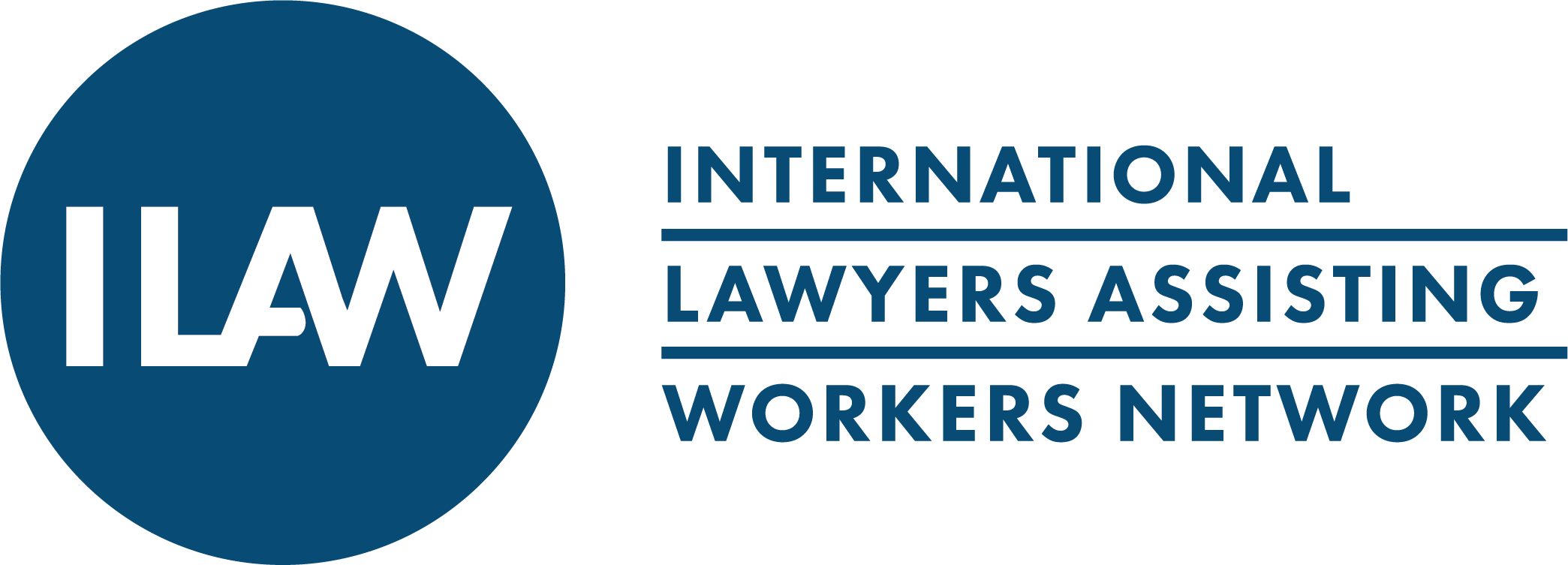„Die weltweite Verbreitung von COVID-19 hat zu beispiellosen Maßnahmen zur Eindämmung des Virus geführt, einschließlich der vorübergehenden Schließung des Geschäfts und weit verbreiteter Bewegungsbeschränkungen. Rund um die Welt, Reisepläne und…
Ausweitung des Sozialschutzes auf informelle Arbeitnehmer in der COVID-19-Krise: Reaktionen der Länder und politische Überlegungen
“The COVID-19 crisis and its economic and social impacts are particularly harsh for workers in the informal economy and their families. Almost 1.6 billion informal workers are affected by the …
Report by the US Bureau of International Labor Affairs on international child labor and forced labor
The report is the Department of Labor’s Findings on the Worst Forms of Child Labor; the List of Goods Produced by Child Labor or Forced Labor; and the List of …

